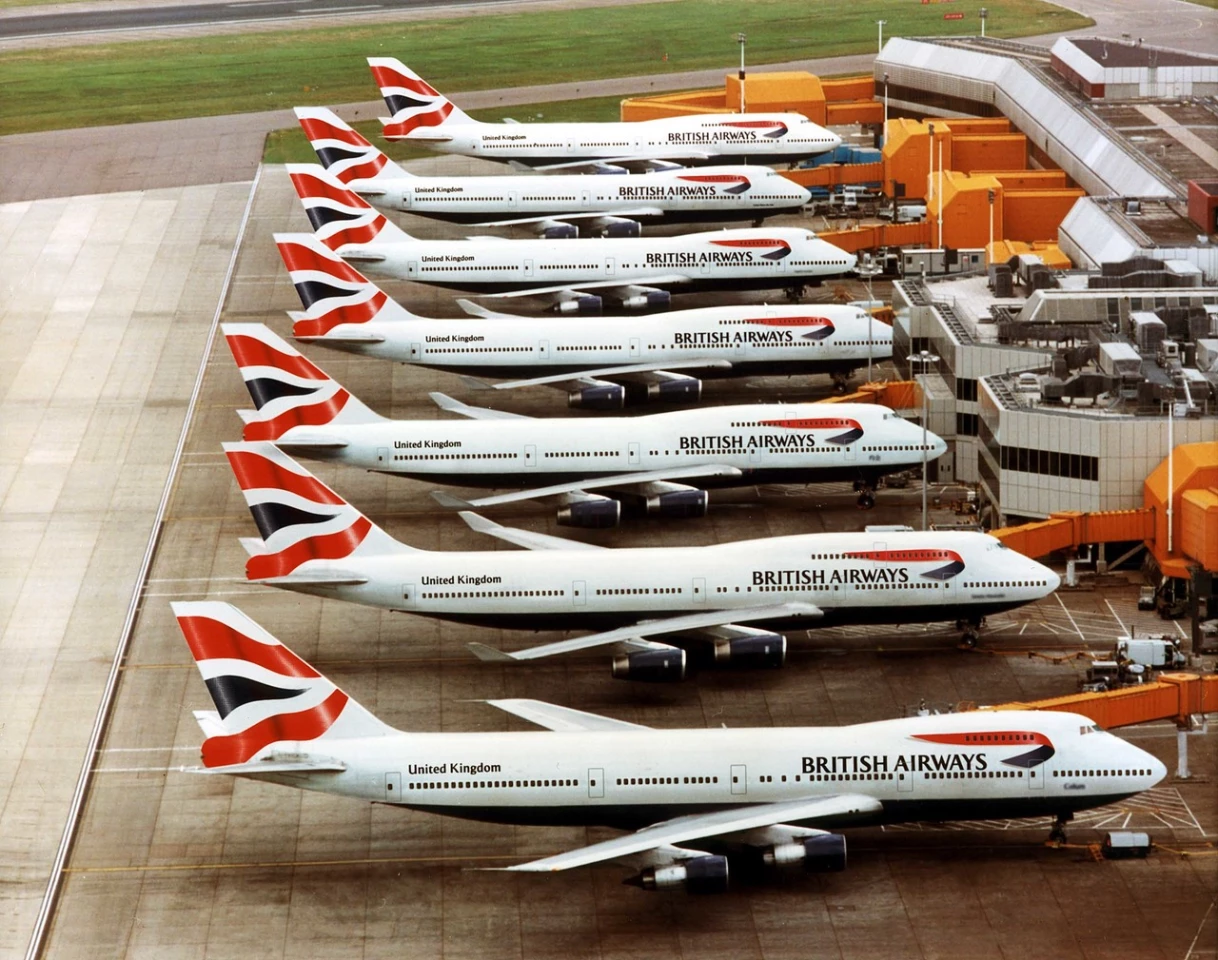At the best of times, the Boeing 747 is a costly plane to operate and maintain. When a pandemic causes passenger numbers to plummet, however, it can become unsustainable. It was with this in mind that British Airways today announced that it's retiring its entire 747 fleet.
Given that Boeing had previously stated it would be discontinuing the 747, airlines utilizing the aircraft were already planning on phasing it out over a period of several years. According to British Airways, though, due to the "devastating impact" that COVID-19-related travel restrictions have had on the airline industry, the company has now gone ahead and retired its remaining fleet of 31 747-400 aircraft.
Contributing to that decision is the fact that according to some estimates, passenger numbers aren't likely to return to 2019 levels until 2023/24.

The first British Airways (then BOAC) 747 jumbo jet entered use in 1971, with the first 747-400 model taking to the skies in 1989 – at one point, the airline operated 57 of the aircraft. It took delivery of its final one in 1999. More recently, though, the company began focusing on more fuel-efficient alternatives such as the Boeing 787 and Airbus A350. That said, the retirement of the 747 was never intended to take place so soon – or so abruptly.
"This is not how we wanted or expected to have to say goodbye to our incredible fleet of 747 aircraft," says British Airways chairman and CEO, Alex Cruz. "It is a heart-breaking decision to have to make. So many people, including many thousands of our colleagues past and present, have spent countless hours on and with these wonderful planes."
The airline's fleet of the jumbo jets is now grounded at various locations in the UK.
Source: British Airways







